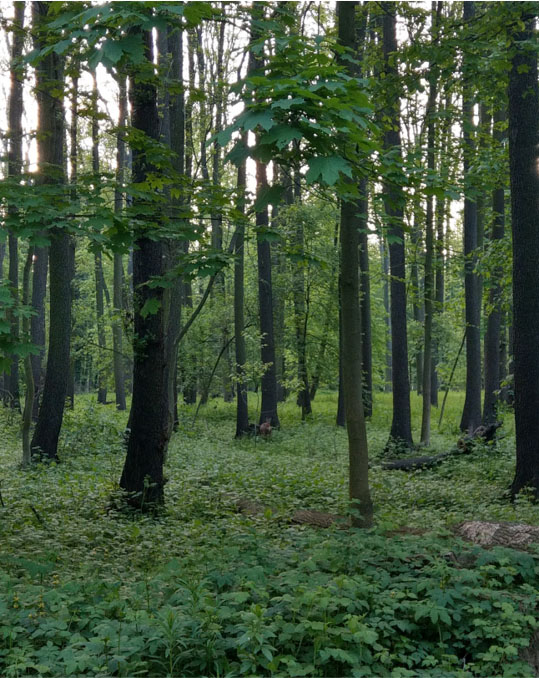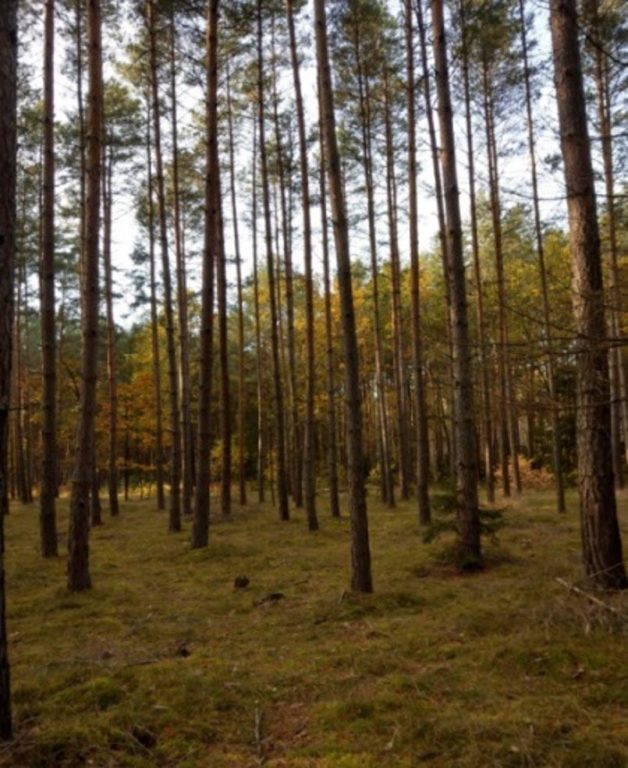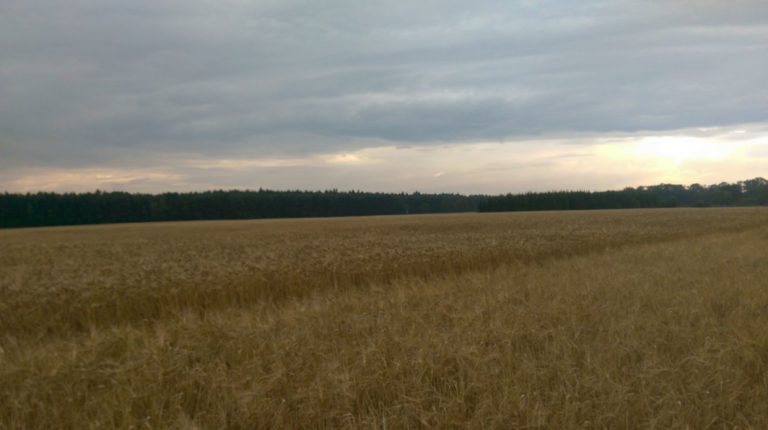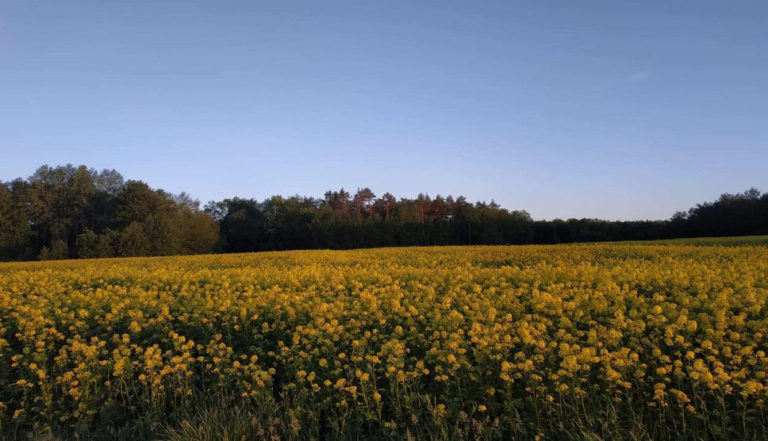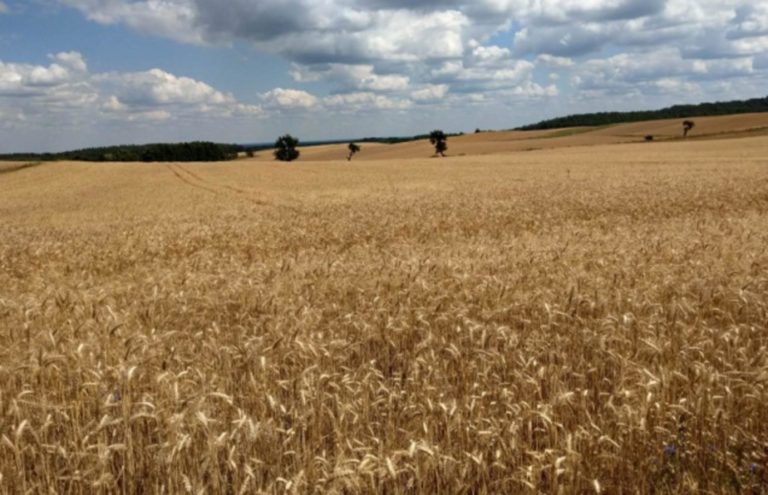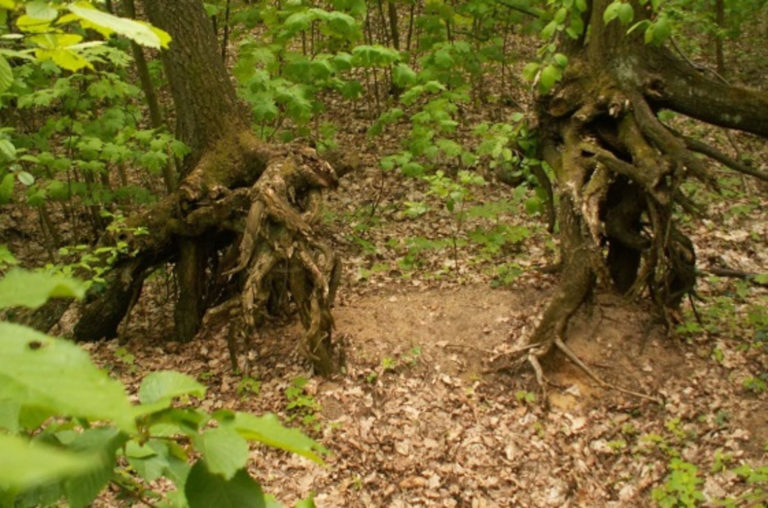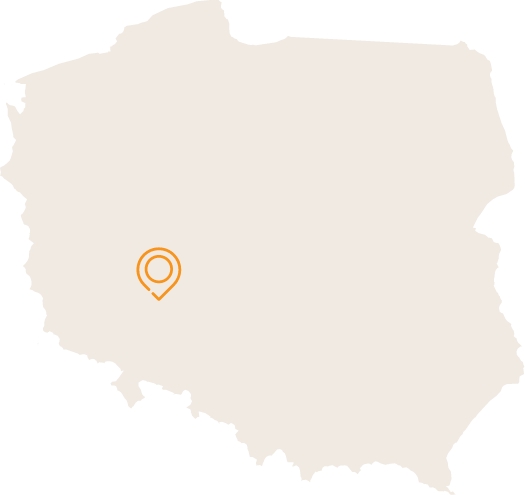
General and regional characteristics
Urban-rural area. OBS is located near the city of Wrocław, and visited for its nature sceneries: protecting them is therefore of paramount importance. OBS has numerous grasslands and forests indicating a large availability of biomass in the form of briquettes, wood chips, straw, wood. No existing local energy cooperative yet.
Current heating / renewable energy situation
No local heating network, no centralised system for heat supply, buildings use fossil fuels boilers. The predominant type of heating is coal, covering over 70% of buildings (private and public). OBS has the potential to increase the use of biomass resources for heating purposes, sourced from local agricultural producers. Challenges that will need to be overcome include: lack of developed local energy biomass markets, no subsidies for energy crops, no clear restrictions on fossil fuels in high power coal boilers, no support for the use of individual biomass installations, limited ecological awareness. These are further reinforced by an instability of legal regulations and a lack of supply chains.

Scenario to be tested: Development of a new RESCoop on bioenergy heating
The almost absent community energy element in Poland, together with the country’s anti-smog resolution ordering the change of old heating systems to other ecological solutions, create vast potential for the uptake of the BECoop concept. OBS aims at promoting the shift towards biomass fuels and bioenergy heating. The piloting process will consider targeting residential building heating through local biomass supply chains and aim to increase ecological awareness and boost the local energy market, especially entrepreneurship in the field of thermal systems and biomass fuel trading.
What BECoop brings
Use of the project tools and studies providing reliable, objective information on an effective use of biomass for energy purposes, involvement of local population and authorities in surveys and activities, support to get funding from the EU as well as local programmes. The project will generate air pollution reduction, increase the use of local potential and conservation measures to grow biomass use.
Contacts
Magdalena Zatońska – Department of Environmental Protection: zatonska@oborniki-slaskie.pl


